When James Quigley joined Piety Group as Managing Director in March, the Sydney-based residential property developer was beginning to enjoy the fruits of a company-wide overhaul aimed at boosting growth.
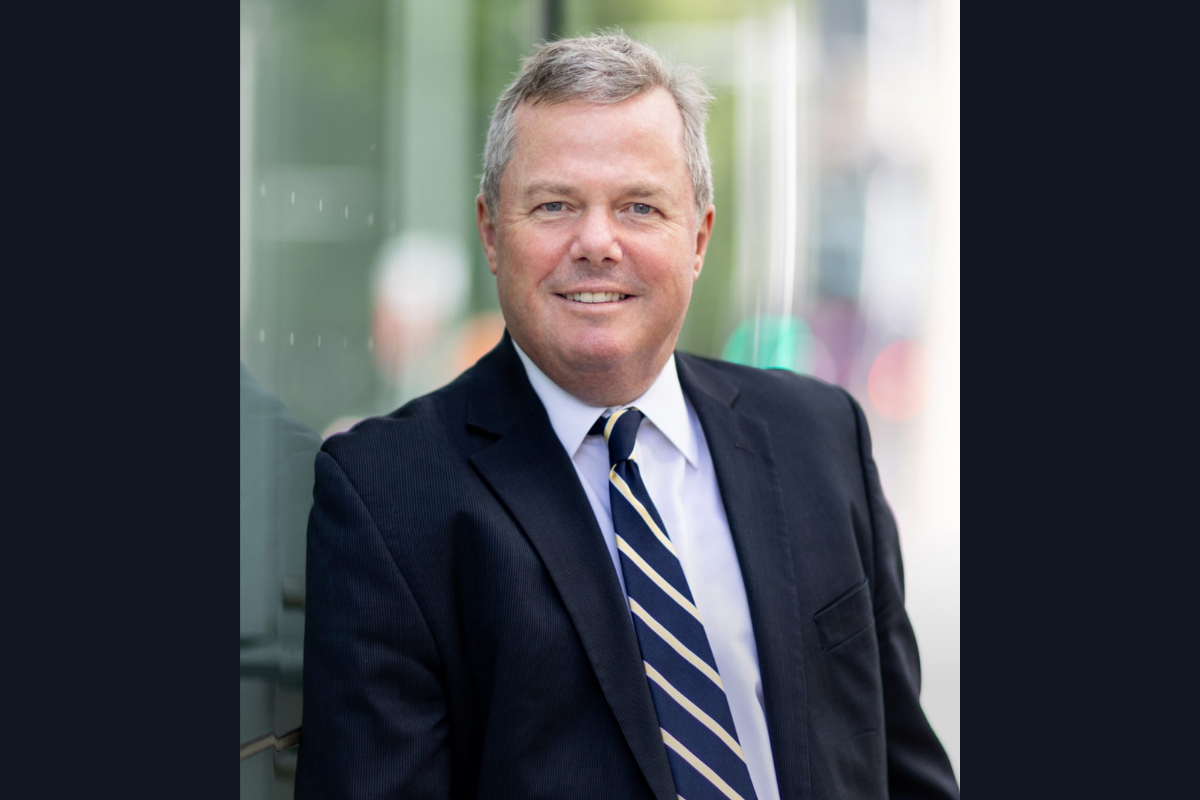
Among the changes it has made is a transformation of how it analyses internal performance. Since last year, Piety Group has started using a bespoke key performance indicator tool that is focused on strategic action and aims to keep all staff accountable for their objectives.
The company drew up an ambitious 240 actions designed to improve everything from the acquisition of sites to the design and construction process and marketing of completed buildings.
Of those actions, 97 per cent were successfully completed or were close to completion as of March, James says, an accomplishment that has not only strengthened the business but has given the team a razor-sharp sense of direction and common purpose.
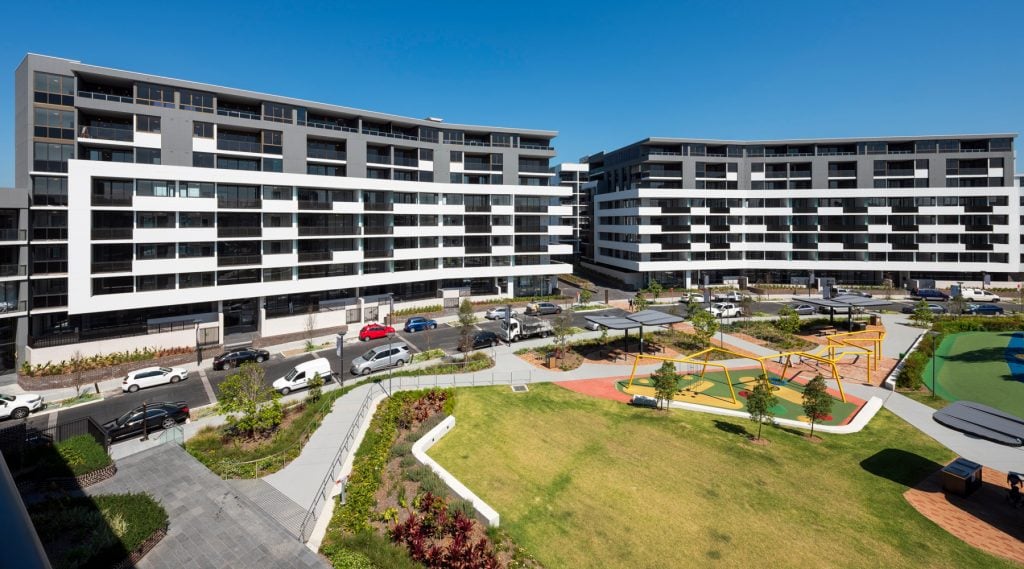
Another part of the transformation is the acquisition of top new talent at the highest levels of the company, with James’s appointment being one example. With his background in funds management and capital markets, he is well-poised to help the company bring new projects into the pipeline and find new funding and joint venture partners.
But it is the raft of positive changes that have already taken place that form the foundation for James’s optimism about Piety Group’s future. “I’m fortunate in that I’ve joined when all that good work has been done,” he says. “We’ve got a good team, we’ve got great systems and processes. We’ve got good partners on projects. So we are now well positioned to deliver on what we’ve got, and grow through finding some exciting new projects.”
That, coupled with what the company sees as a positive macro-economic outlook for the real estate industry, has created a situation where James and his team feel a strong sense of responsibility to capitalise on the favourable conditions.
Given the significant enhancements to the business in recent years, Piety Group is now extremely well positioned to grow and deliver great projects.
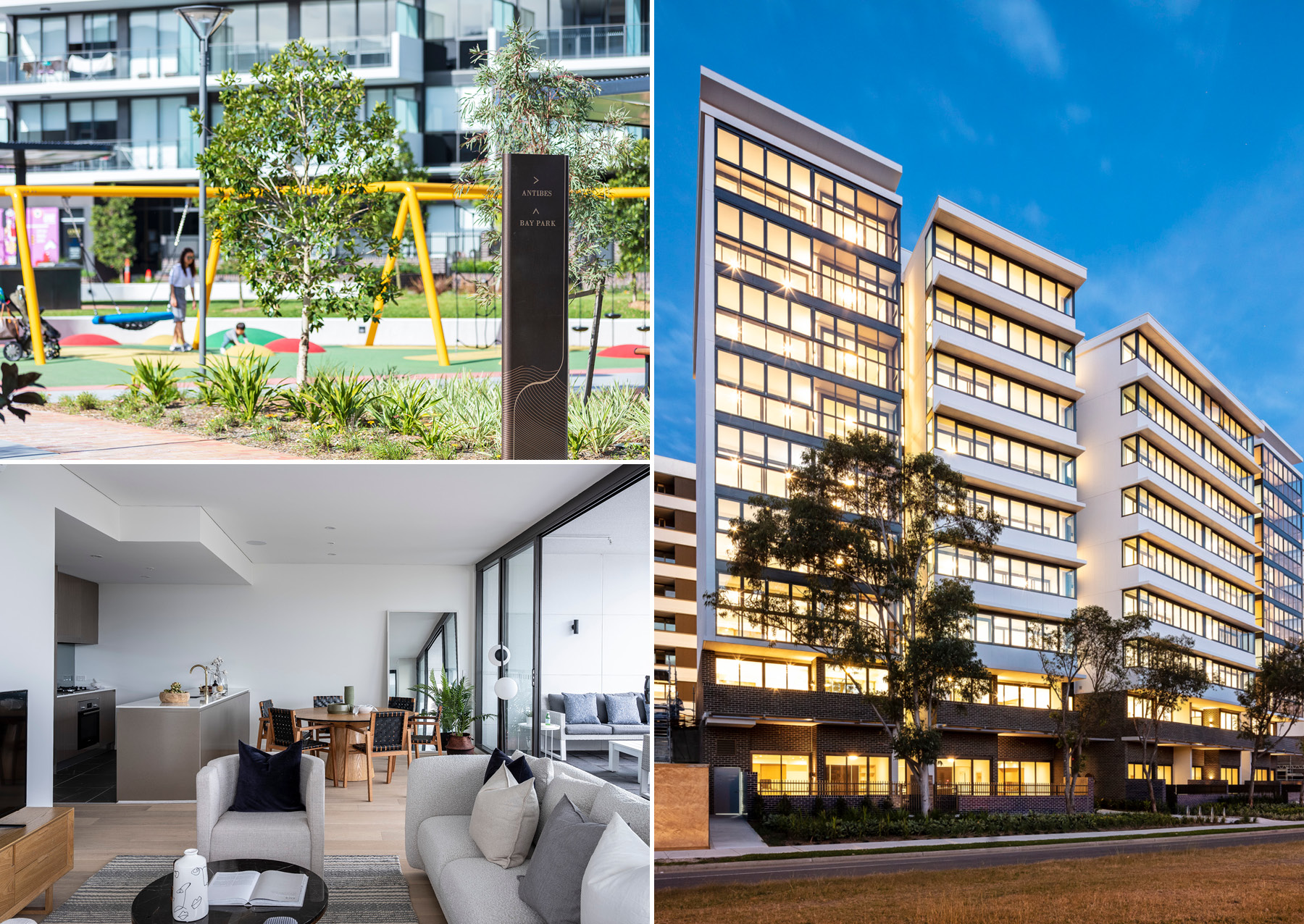
We want to expand at a steady and sustainable pace.
Steady and sustainable
Founded over a decade ago, Piety Group’s first development was a A$35 million, 102-apartment complex in the northern Sydney suburb of Waitara. After that project was completed in 2014, the company moved on to Lane Cove, which had a project value of A$225 million and consists of 235 apartments.
Piety Group has now designed, built and delivered over 2,000 apartments throughout Sydney and the total value of its projects is around A$2 billion. The group specialises in well thought out, high-quality living spaces with close access to good transport links and other infrastructure.
Now, James and his team are planning to build on that success and are targeting turnover from construction of about A$250 million in the next few years. That will be more than double the A$120 million the firm currently turns over annually. The goal, he says, is not to pursue rapid growth at all costs.
“That’s not what we’re about,” he explains. “We want to expand at a steady and sustainable pace. That could be an extra three or four projects in addition to what we’re doing today.”
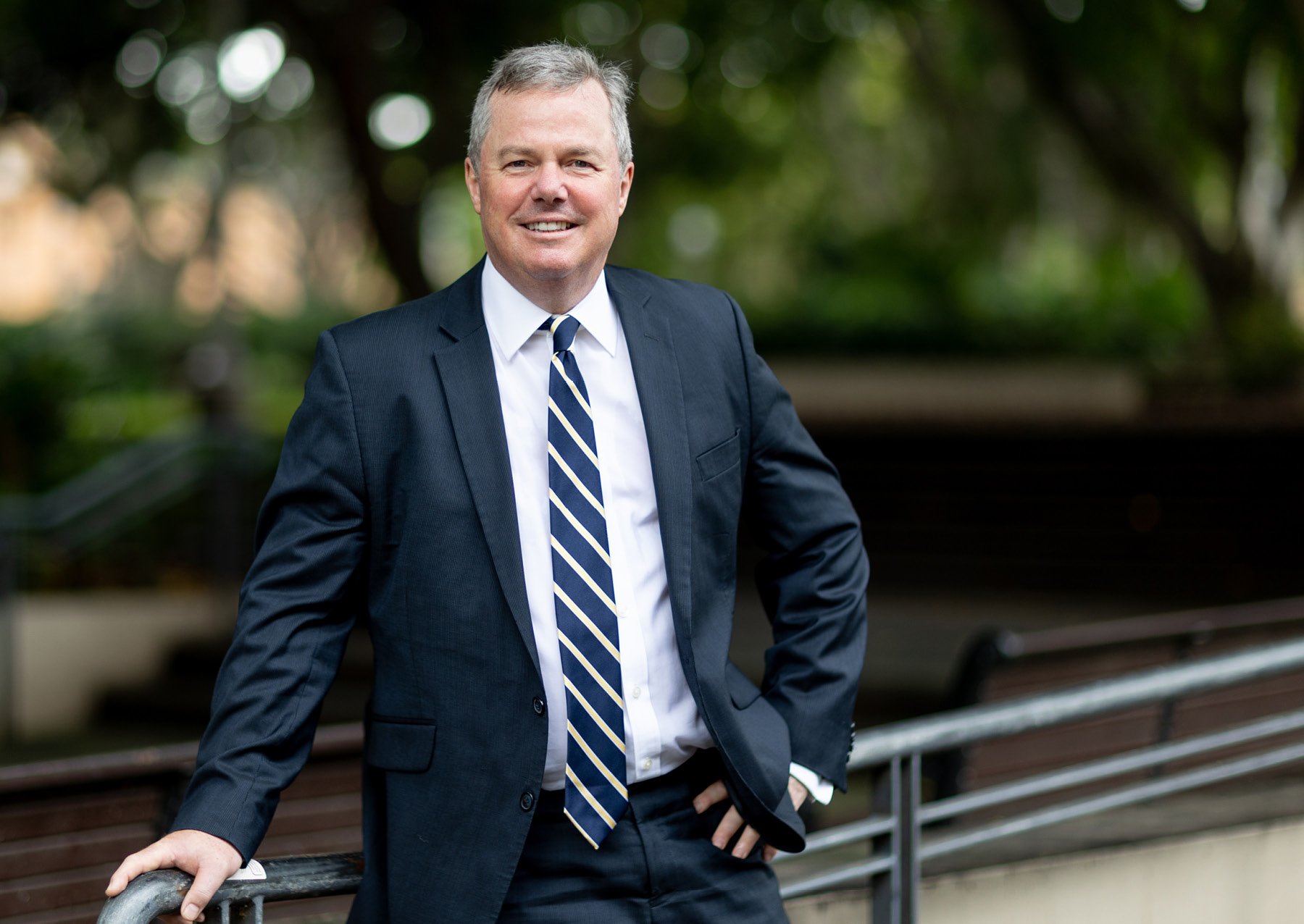
The projects need to have the design and functionality that residents want and need, and not just be another project in the market.
Planning ahead
To ensure the company grows steadily and securely, Piety Group’s team evaluates each potential new project on multiple levels before deciding to proceed. The first consideration, he says, is the macro-economic climate.
“What’s happening to the economy? Where do we see interest rates going and the demand for apartments?” he says. “Then we drill down into the sub-market, where we’re looking at the suburb and what it has to offer in terms of amenities, transportation and competing projects. Does the suburb provide what is needed to attract owner occupiers and investors?”
Then there is the question of the site itself. Piety Group pays close attention to what the site offers in relation to views, street access, car parking, buildability and local character. “Our focus is on creating a community and connection for our residents where they are proud of their home and the development,” James says.
“The projects need to have the design and functionality that residents want and need, and not just be another project in the market.”
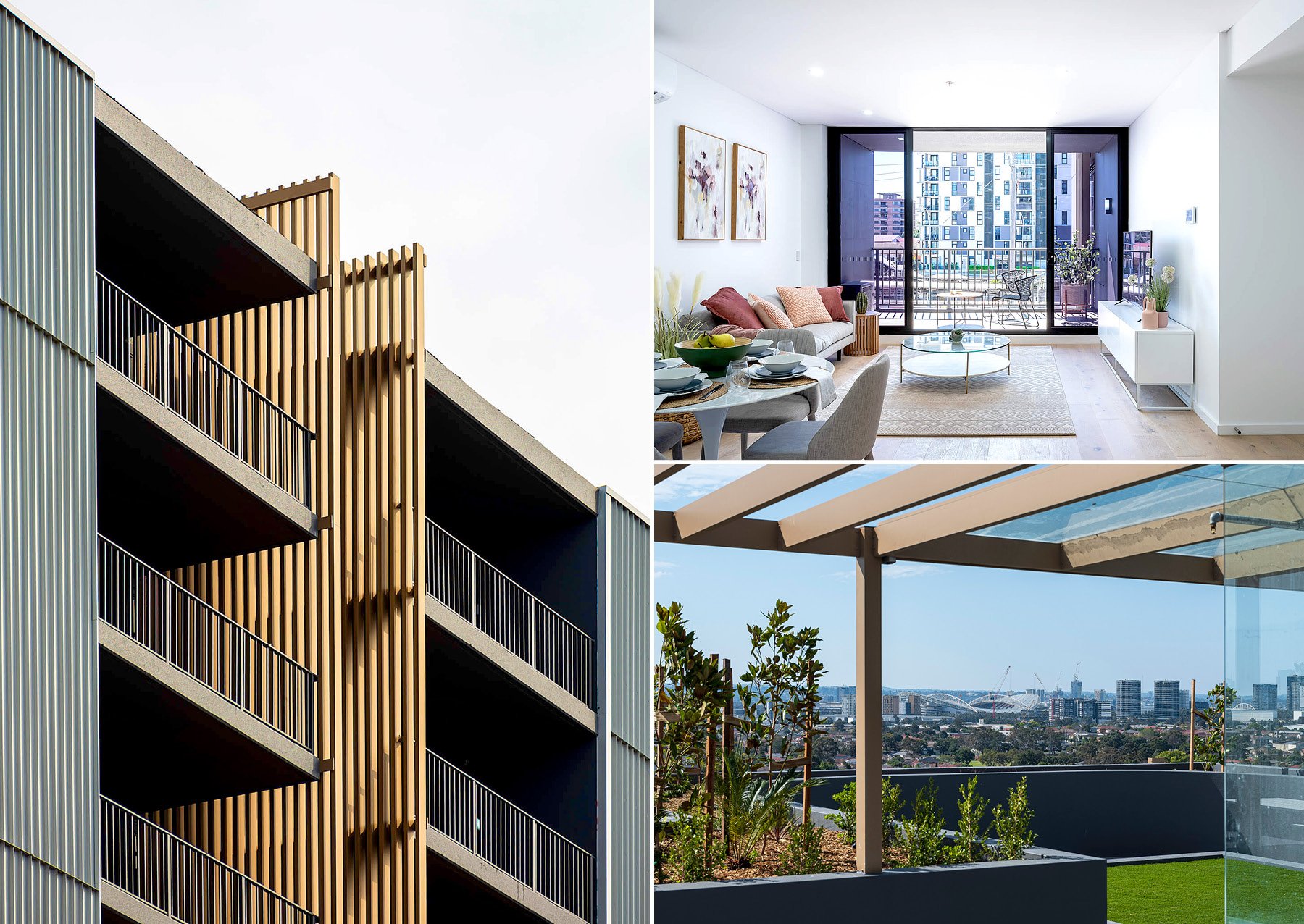
We can very quickly put together a detailed cost plan that we know is going to be pretty accurate in the market.
Also key is an assessment of the size of a project and the level of capital and external funding required. On this front, Piety Group can turn to its in-house construction team for estimates to determine the cost of a project much faster than many of its competitors, who rely on contracts with external building companies.
“That’s where we’ve got a real advantage,” James says. “We can very quickly put together a detailed cost plan that we know is going to be pretty accurate in the market.”
“Notwithstanding the strong economy and limited supply of new apartments forecast for the next few years, rising costs are a real challenge for the industry. The ability to control that risk in-house is proving very valuable as we source new opportunities,” James says.
On top of the in-house cost planning, Piety Group also has in-house design management, which enables the company to plan efficiencies into the designs of its new projects and factor the final look and feel of the building into its costings and feasibility assessments.
All this means that Piety Group has expertise and discipline that matches that of any major tier-one developer, while at the same time being more nimble and flexible than a larger firm.
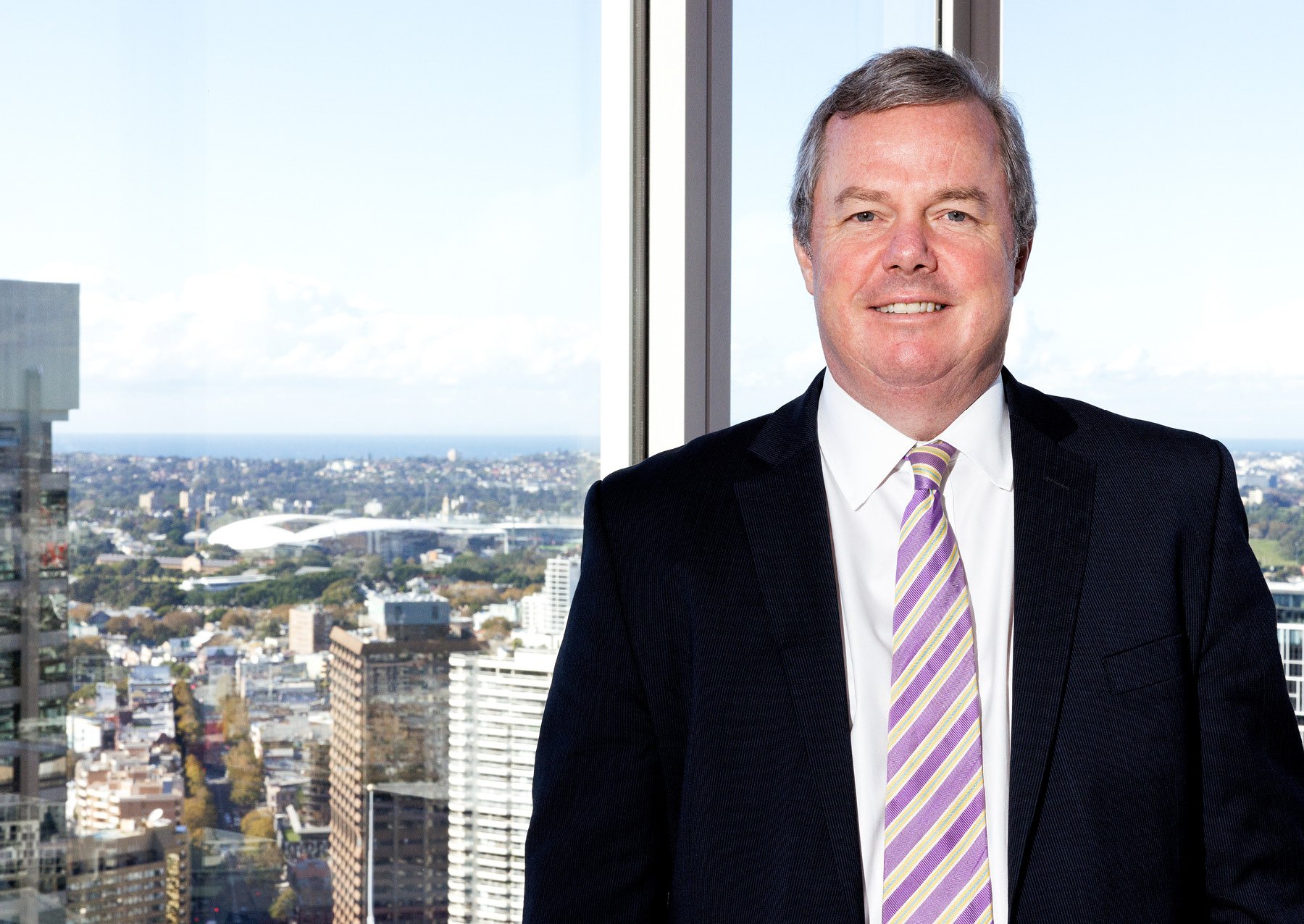
It goes beyond these large investors and super funds. It’s consumers themselves who are becoming more conscious of their impact on the environment.
“We can make decisions very quickly,” James says. “Our board is accessible and responsive, which means when we are trying to buy a site for a new project, we do not have to go through months of board approvals that can result in missing out.
“Having said that, we’re still very thorough about how we complete our due diligence, risk assessment and cost projections.”
James’s two previous roles involved raising institutional capital from major super funds and large foreign investors, and while doing so he saw firsthand how important it is for investors to know that the projects they are investing into are environmentally sound and have strong Environmental, Social and Governance (ESG) credentials.
“This is something very dear to my heart,” he says. “It’s of utmost importance to all these joint venture partners and investors now. But it goes beyond these large investors and super funds. It’s consumers themselves who are becoming more conscious of their impact on the environment and demanding improved sustainability.”
The development industry is one where there is a major opportunity to have an impact, from less environmentally impactful building materials and techniques, to more energy efficient homes that best utilise clean energy and water conservation. Whats more, James says, being environmentally conscious is good for business.
“I think it’s a really exciting opportunity for us.”


